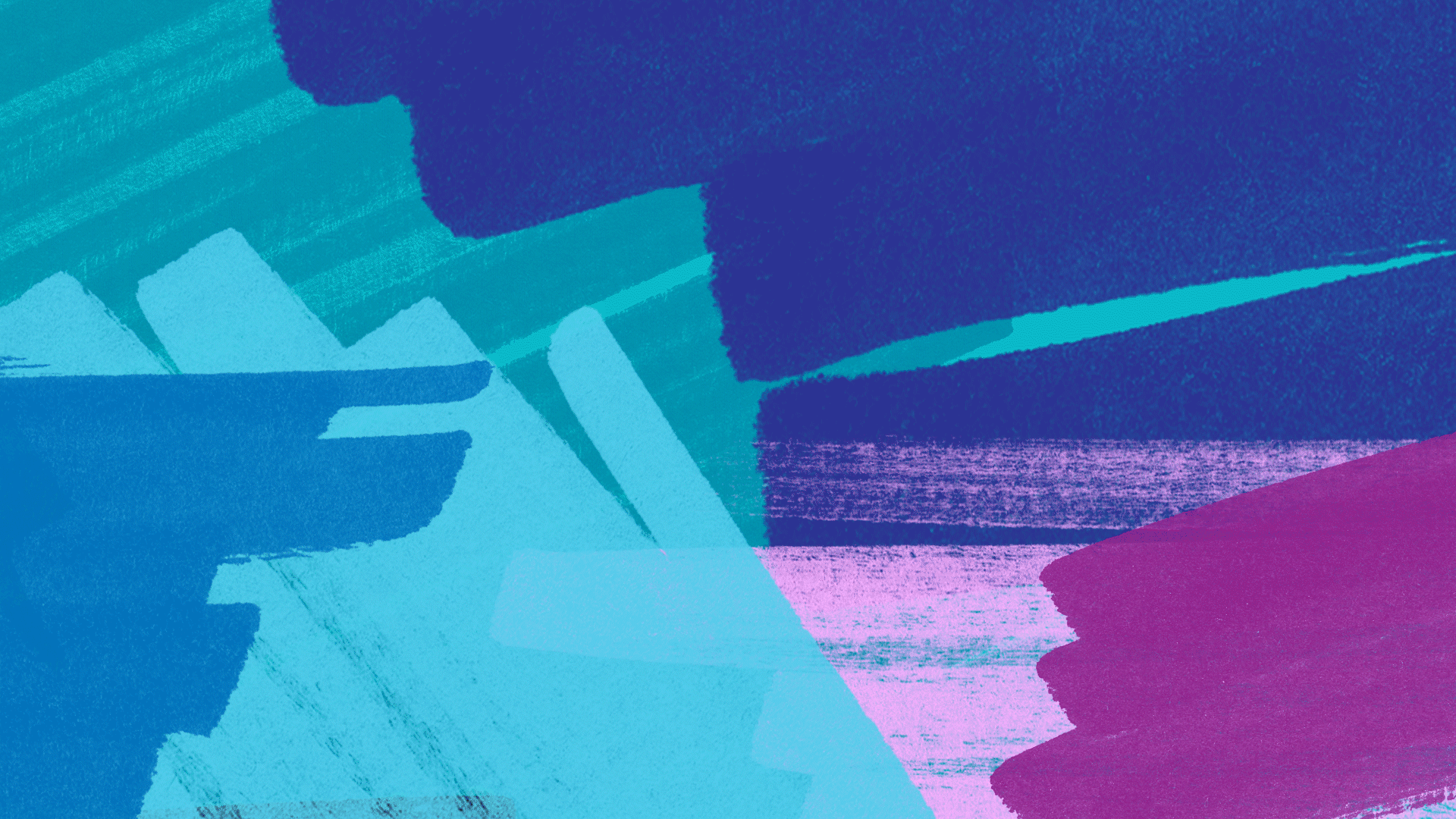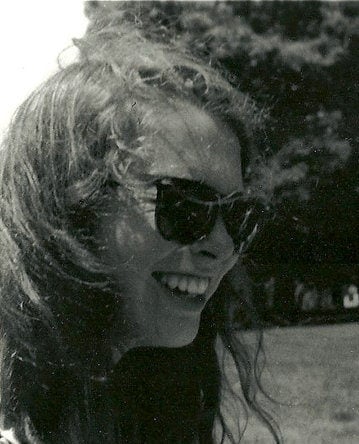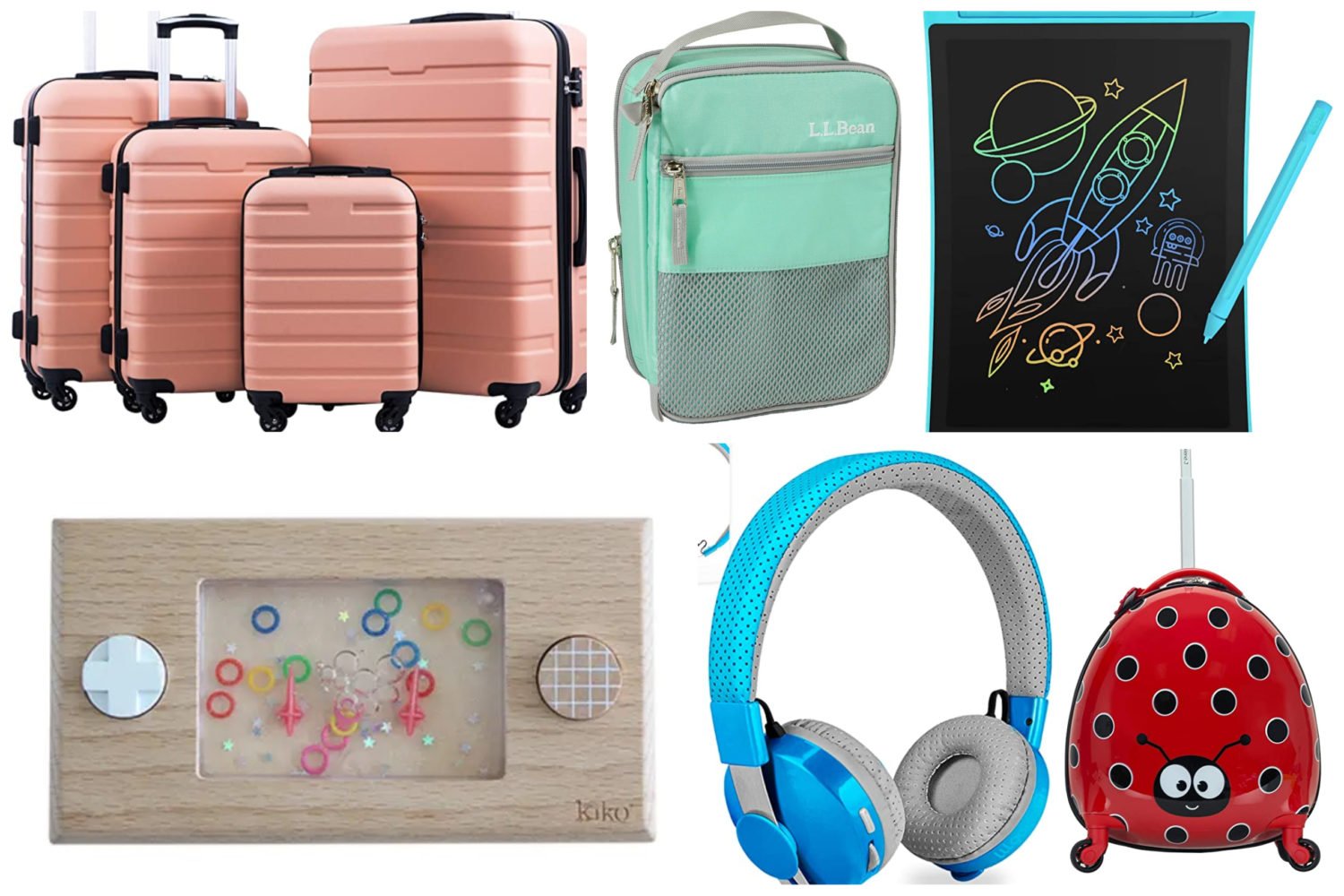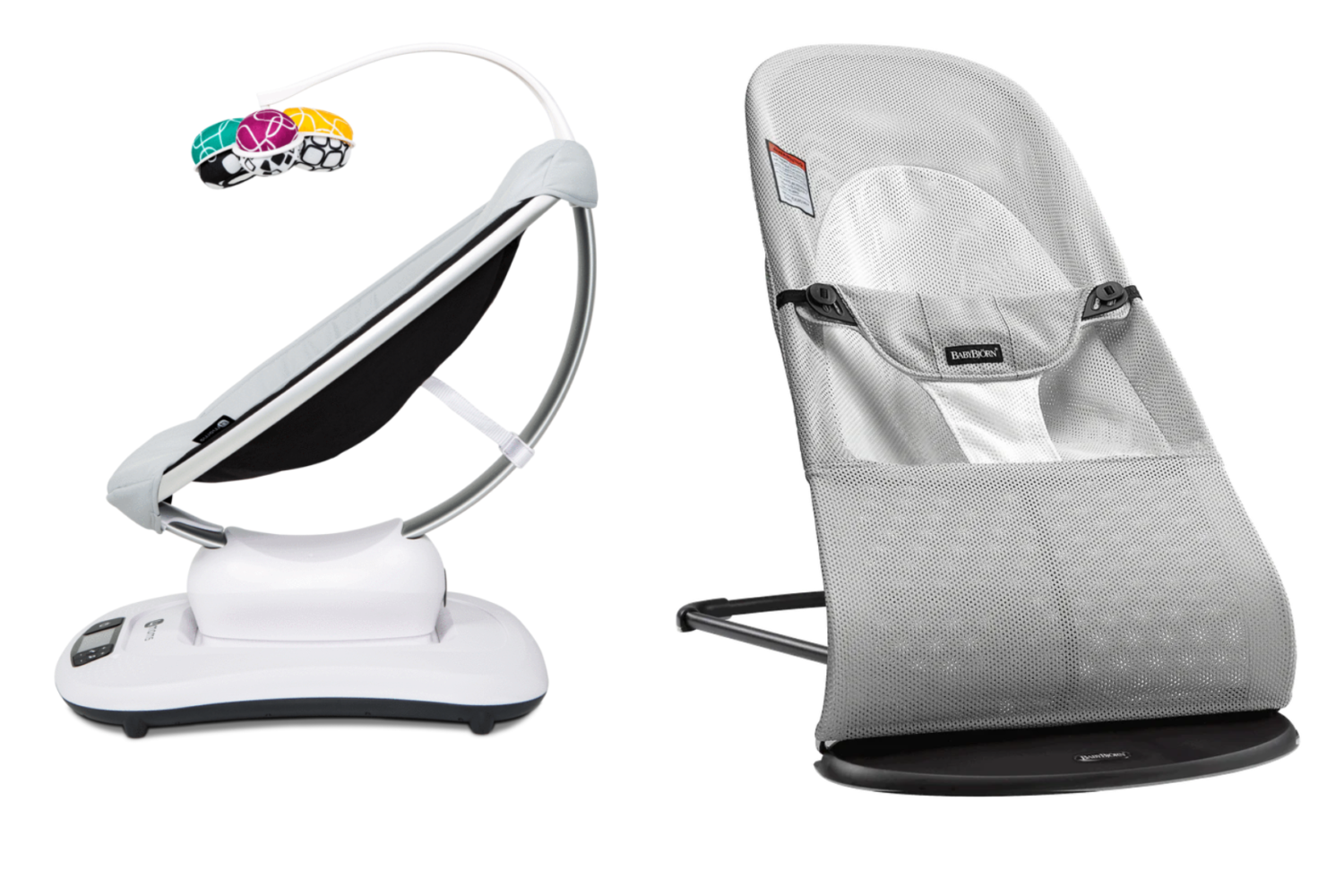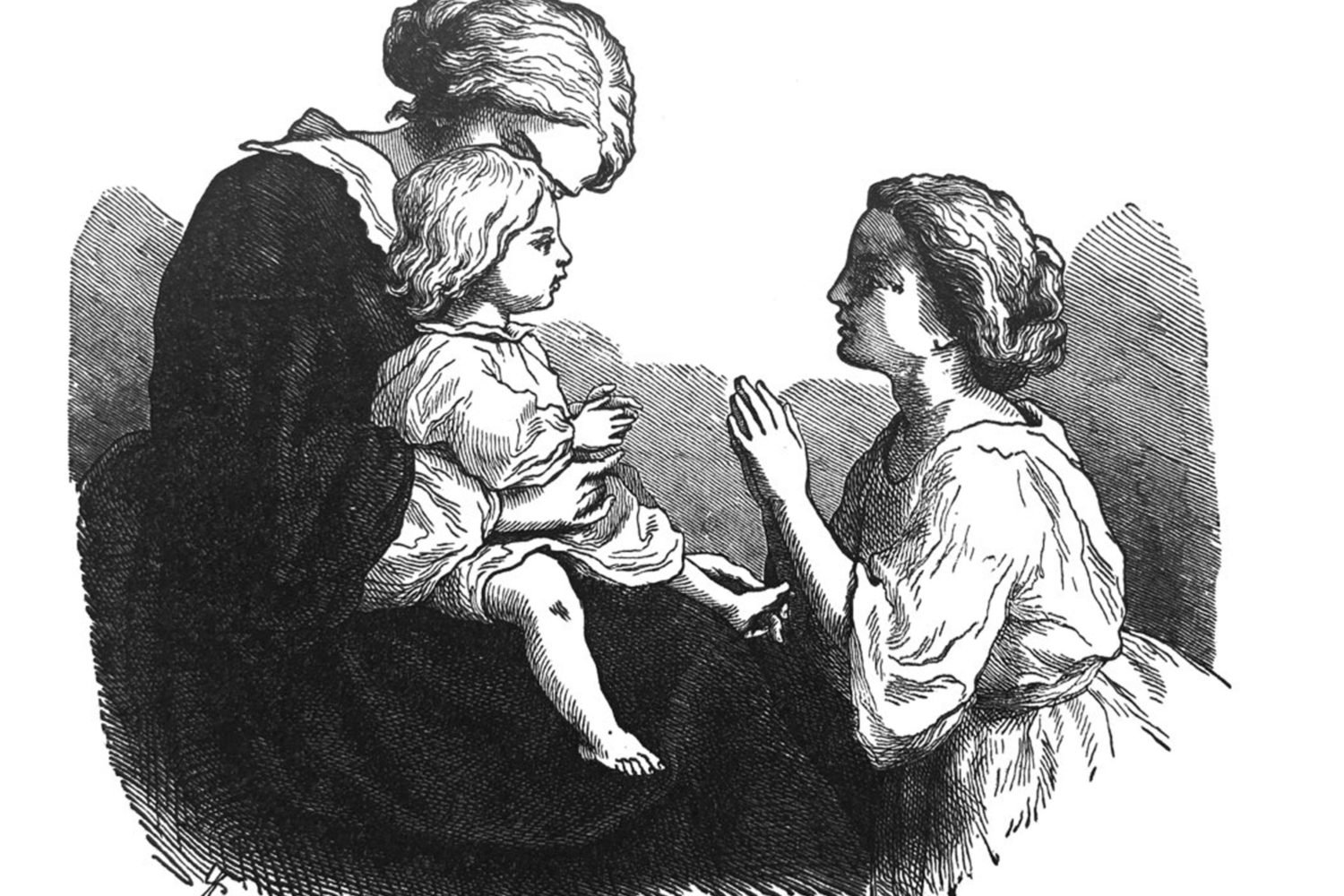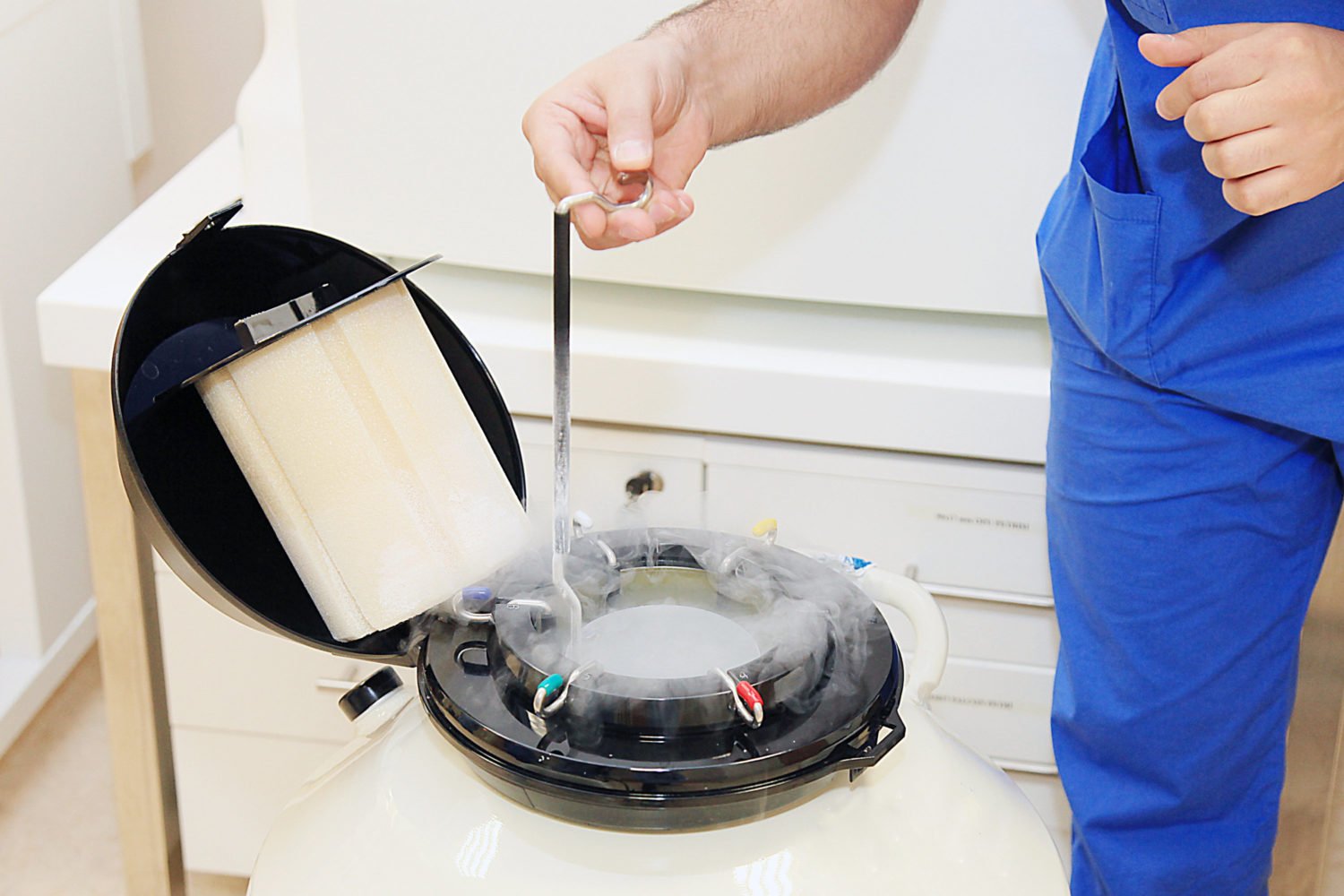This Is Me is a new column in which we speak to Washingtonians who have a unique story to tell. Did you leave your job on the Hill to become a bartender? Did you manage to buy DC real estate on a $200,000 budget? Do you support yourself as a social influencer? We want to hear all of your stories—no matter what the subject or how kooky they may be. Email Mimi Montgomery at mmontgomery@washingtonian.com.
Name: Sarah Feinberg
Age: 44
Lives in: Silver Spring, with her daughter, Gali, age 5
On how she decided to have a child by herself:
“I always assumed I’d get married and then have kids. I wanted to have four. I wanted to have siblings for my kids—that whole experience. And, you know, I reached my mid-30s and still wasn’t married. I’d been diagnosed with a chronic disease [Crohn’s]. I realized I might not always be healthy and that I really want to be a mom, and I want to be a wife, but I want to be a mom more than I want to be a wife, and my window is shorter on one than the other. I’d just gotten out of a relationship at that time and it seemed like the moment that crystallized it for me. Like, ‘Okay, I’m 35. I may or may not always be healthy. I may or may not always be fertile. I’ve kind of just got to take the bull by its horns.’ If I put my energy into one thing, I’m going to put my energy into becoming a mother, as opposed to trying to find some guy who wants to like me as much as I like him.”
On what her friends and family thought:
“My friends were supportive, and my parents were and are supportive. When I first talked to them about it, I’d already been thinking about it for a year. I sort of sprung it on them. So, they had a little bit of catch up. Like most parents, they had dreams for me and visions of what my life was going to look like, and their dreams included me walking down the aisle and then having children. I was turning that upside down on its head. And my parents, having been through it three times, they know how hard it is to raise children. They were definitely concerned—concerned about how hard it was going to be for me, about my health, and how I was going to manage it all.”
On the process of conceiving:
“I started meeting with a fertility specialist who put me through all of the tests. Once everybody cleared me on everything, I did six cycles of IUI, which is intrauterine insemination. They stick a catheter into your uterus. It’s like having sex, but instead of having the penis stop before the cervix, this one goes all the way through. It gives you a slightly better chance. I got pregnant on the first cycle, and miscarried somewhere between eight and 10 weeks. The sixth cycle, I had an ectopic pregnancy, so I got to try all the different ways of being pregnant or not pregnant. That bumped me into the IVF process, and my first cycle worked. I had a really easy pregnancy and gave birth to my daughter. So I’ve always maintained that I don’t have a fertility problem, I just have a penis problem. If I’d been able to try naturally over the course of more than one day and I didn’t have just one shot, like IUI, I think I would have been okay.”
“It wasn’t fun. The hardest part is always the waiting. I’m not a patient person. I’m a person who likes to be in control, and you’re really not in control of this process. There’s not one single part of it that you have any say over. Your body does what your body’s going to do. Your doctors will do the best they can, but there are no guarantees. There’s a lot of disappointment, and there’s a lot of frustration. The way I dealt with it is to have a weird sense of humor about all of this. I found ways to laugh about it. I also shrunk my social circle. So I’m a person with a very expansive social network, and I have a lot of friends and a ton of acquaintances who I would hang out with frequently. I just didn’t want to keep telling people where I was at with things, so I really shrunk the network of people I was talking to about what was going on with me.”
On finding a donor:
“The first round, I went through multiple donors. One of my very close friends and I, we lit a fire, opened a bottle of wine, and started going through the [donor] websites. Because I have Crohn’s, and that’s a genetic condition, I was trying to avoid as many autoimmune disorders as I could. So I scoured the health histories of all the donors. We have heart disease in my family, so I was trying to avoid heart issues. I looked at height and weight because I figured if you can genetically engineer a child, you may as well try and give them a donor who’s not overweight and not so little that they’re going to end up being a Pee Wee.”
“It’s an open donor. My doctor insisted that I had to meet with a social worker. It was helpful to have someone to talk to. I didn’t care about an open versus closed donor, because for me it’s a means to an end. And [the social worker] was the one who pointed out to me, ‘This isn’t about you. You’re creating this other person and this other person might have questions, and you’ve got to leave that door open for them.’ That was really helpful.”
“I intentionally don’t remember a lot of details about the donor. I have it all in a file for my daughter. So if she’s ever curious, if she wants to know more about where she comes from, we can look up whatever I have. But I feel like it’s her information, not mine, so I’m also careful about not sharing specifics about the donor that I chose. I feel like that’s her story, and I want to leave it for her.”
On what she tells her daughter:
“She knows her story. It’s just who we are. And she’s very matter-of-fact about it. She did just ask me a few weeks ago for the first time if I was ever going to get married. I asked her where that came from, and she was just like, ‘Well, I was just wondering.’ But overall, she really likes that it’s the two of us. We’ve got a pretty strong bond.”
On her love life:
“That’s everyone’s favorite question. My life plan was not to have a child on my own. I would love to get married; I would love to date. But I will also say that I have to do everything in our house. I have to make dinner and wash the dishes and do the laundry and be at home for my child. So my fantasy is finding someone who will date me between the hours of 9 to 11 at night from my couch.”
“I’ve been on apps; I’ve been on a handful of dates, but I haven’t met anybody that’s made it worth it for me to shift my priorities. She’s still my number one priority. I worked really hard to have her. I really, really wanted her, and I really want to be present in her life.”
On raising her daughter alone:
“When she was first born, I was making a lot less and that was very stressful. I was very fortunate that many of my friends had already had their children and they were looking to get rid of all their stuff. So I’ve got this great network of people who pass down clothes. I barely buy her anything. My biggest expenses have always been childcare, which is astronomical, and, at the beginning, diapers.”
“I always say that the best part about being a single parent is that I get to make all the decisions, and the worst part is that I have to make all the decisions. And that is true every single day. For really big decisions, I can talk to my parents, I can talk to my friends, I can get everyone’s input, but the decision’s all on my shoulders. Where she’s going to kindergarten—that’s probably been the biggest one I’ve had to make. That was really hard—public school versus private school [her daughter is now at a private Jewish day school]. I just had to pull the trigger, and the truth is, every day I question my decision. I’m pretty sure if I had sent her to public school, I would also be questioning my decision.”
“Knowing who you can ask for help, knowing who your people are, that’s important. Being confident and able to make decisions—that’s pretty important, too, otherwise you’re going to just be stuck in the mud with no one to bail you out. It does take a village. It really takes a village.”
This interview has been edited and condensed.

